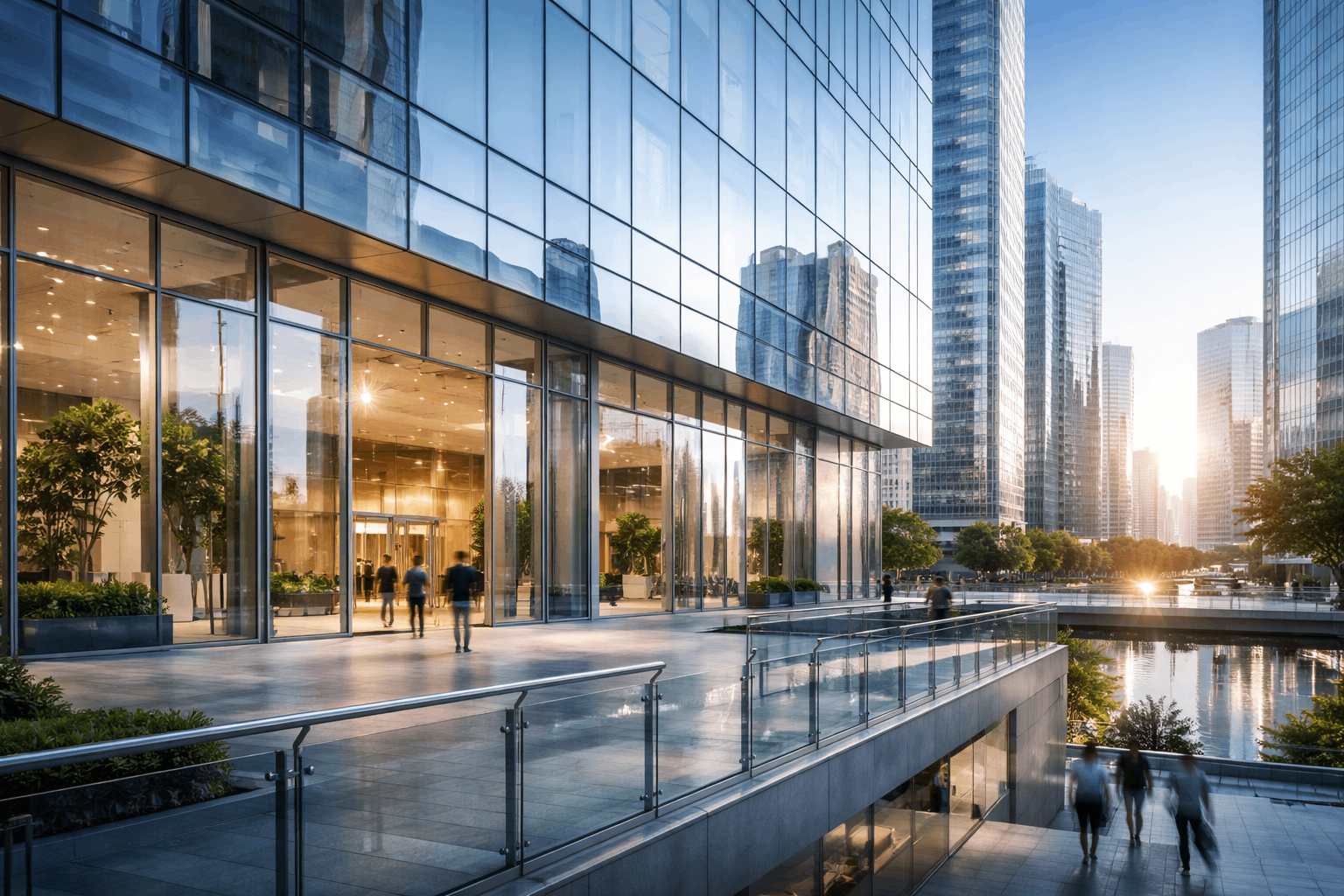The Durability Dilemma Unveiled: Decoding Ceilings for Long-lasting Excellence
Welcome to this forum post where we delve into the intriguing world of ceilings and explore the question: Which ceiling is more durable? Ceilings play a vital role in our daily lives, providing shelter, insulation, and aesthetic appeal. In this comprehensive discussion, we will analyze various ceiling materials, their durability factors, and ultimately determine the most durable option for your needs.
- Understanding Durability Factors:
To assess the durability of ceilings, we must consider several key factors:
a) Material Strength: Different ceiling materials possess varying levels of strength. For instance, gypsum board (drywall) is commonly used due to its robustness, while suspended ceilings made of metal or mineral fibers offer enhanced durability.
b) Moisture Resistance: Moisture can significantly impact a ceiling's durability. Ceilings exposed to high humidity levels or prone to water leakage require materials with excellent moisture resistance, such as vinyl or fiberglass.
c) Impact Resistance: Ceilings in high-traffic areas or spaces prone to accidental impacts need materials that can withstand such occurrences. Options like gypsum board with added impact-resistant properties or metal ceilings excel in this aspect.
d) Fire Resistance: Fire safety is paramount, especially in commercial or public spaces. Ceilings with fire-resistant properties, such as mineral fiber or metal, provide added protection and durability.
- Exploring Ceiling Material Options:
Now, let's examine some popular ceiling materials and evaluate their durability:
a) Gypsum Board (Drywall): Widely used due to its affordability and ease of installation, gypsum board offers decent durability. However, it may be susceptible to moisture damage and impact-related issues.
b) Suspended Ceilings: These versatile ceilings consist of metal grids with tiles or panels. Metal options like aluminum or steel provide exceptional durability, making them ideal for areas with high humidity, impact, or fire risks.
c) Fiberglass: Known for its excellent moisture resistance and durability, fiberglass ceilings are commonly used in areas prone to water damage, such as bathrooms or swimming pools.
d) Mineral Fiber: Offering a balance between affordability and durability, mineral fiber ceilings are fire-resistant, moisture-resistant, and provide good acoustic insulation.
- Determining the Most Durable Ceiling:
Considering the aforementioned factors, the most durable ceiling option depends on your specific requirements:
a) For areas with high humidity or water exposure, fiberglass or suspended metal ceilings are recommended due to their exceptional moisture resistance.
b) Spaces prone to impact or heavy usage benefit from gypsum board with impact-resistant properties or suspended metal ceilings.
c) When fire safety is a top priority, mineral fiber or metal ceilings with fire-resistant properties are the optimal choices.
Conclusion:
In conclusion, the durability of a ceiling depends on various factors such as material strength, moisture resistance, impact resistance, and fire resistance. By carefully considering these factors, you can select the most suitable ceiling option for your specific needs. Whether it's gypsum board, suspended ceilings, fiberglass, or mineral fiber, each material offers its unique advantages. Remember to prioritize your requirements and consult professionals for personalized advice to ensure a durable and long-lasting ceiling solution.
